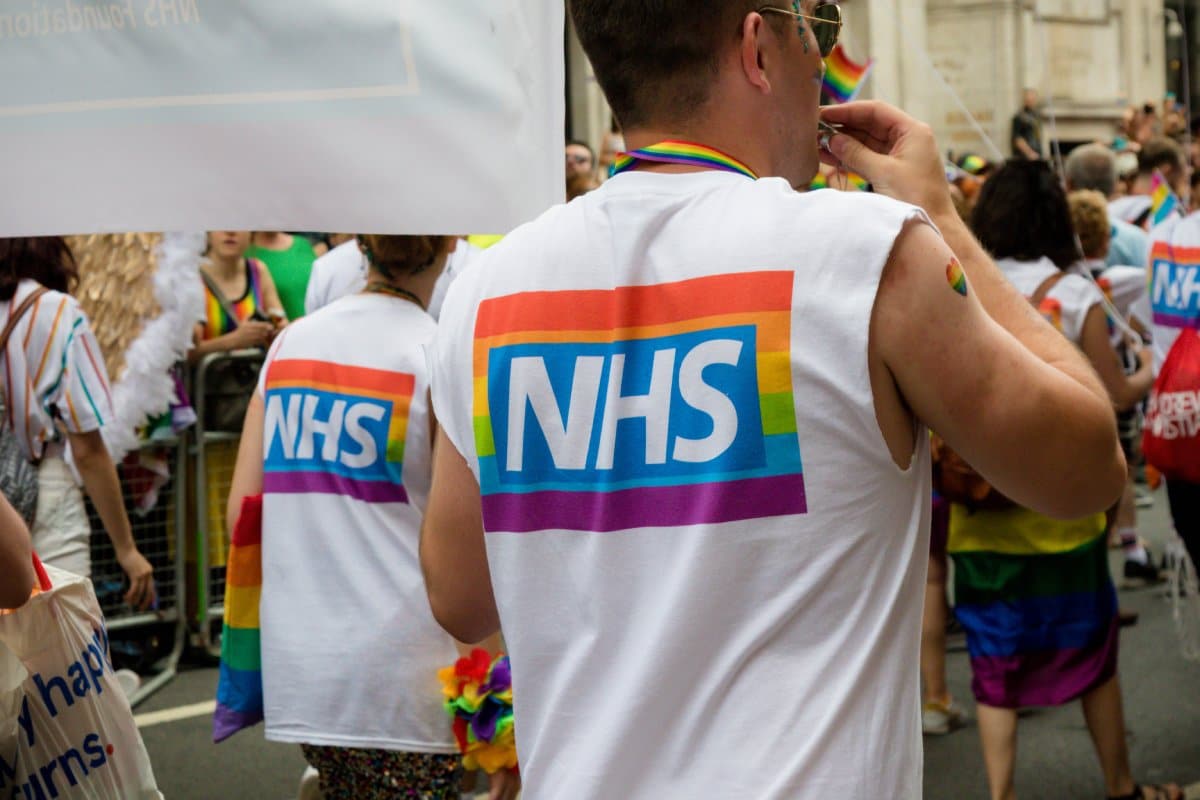The release of the Cass report into NHS Gender care has amplified the UK based culture war around transgender issues, with conflicting views from within the UK and the world at large. Here’s the full story.
Toxic Mix

The debate surrounding transgender rights and care in the UK has become a toxic mix of culture war posturing and undue fears being stoked over individuals whose only crime is to question their gender identity.
“TERF-Island”

Such is the acidic nature of the debate in the UK that it has garnered the moniker of “TERF-Island” online, in reference to the Trans-Exclusionary Radical Feminism movement, of which JK Rowling is a fierce proponent, which advocates for a sex-based understanding of gender.
“Neutral Act”
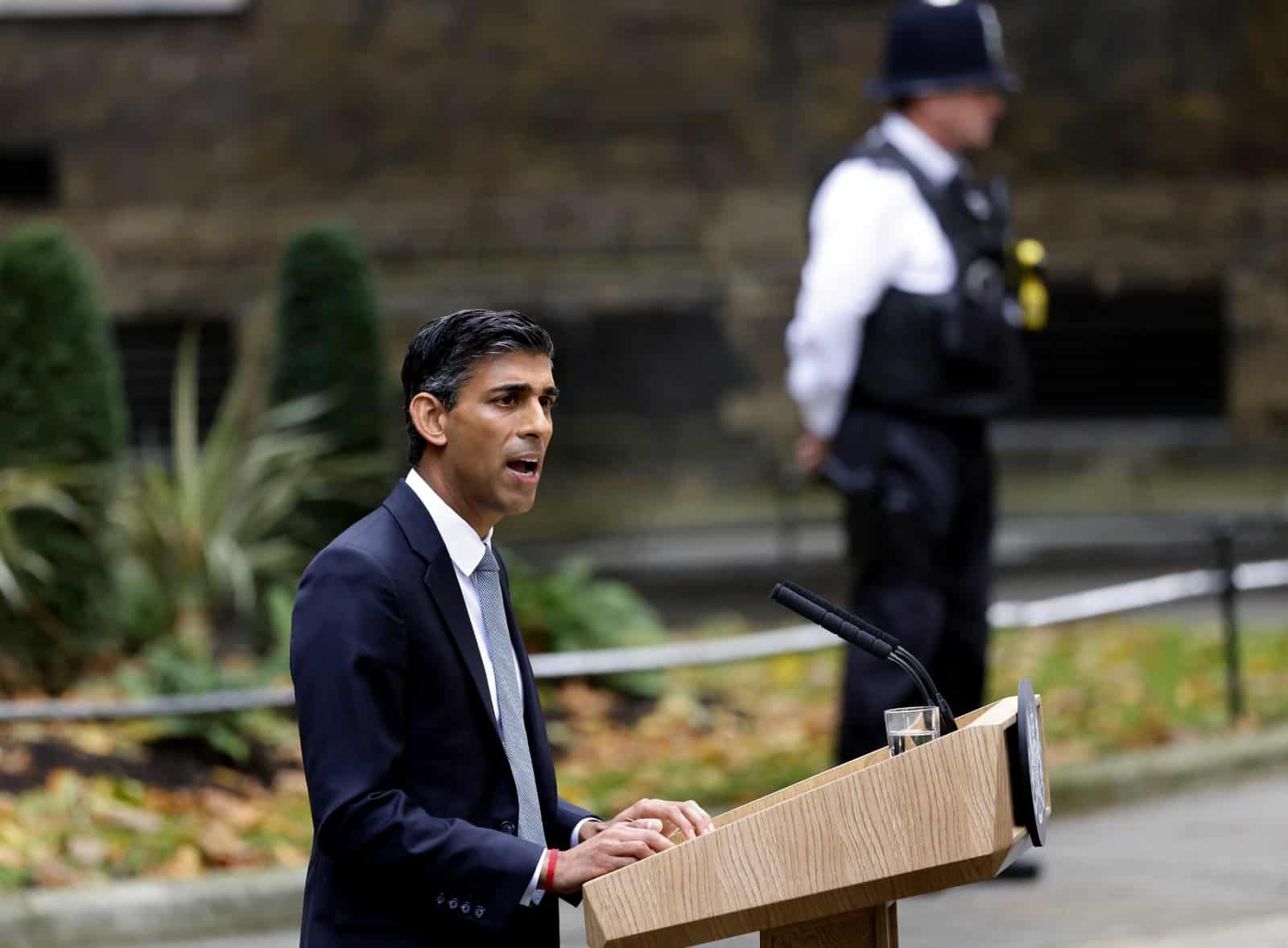
Following hot on the heels of Prime Minister Rishi Sunak stating that social transitioning was not a “neutral act” and the tragic suicide of Charlie Miller, a trans youth who was bullied and misgendered by hospital staff in the lead-up to their suicide, the much anticipated Cass report has been released.
Significant Concerns
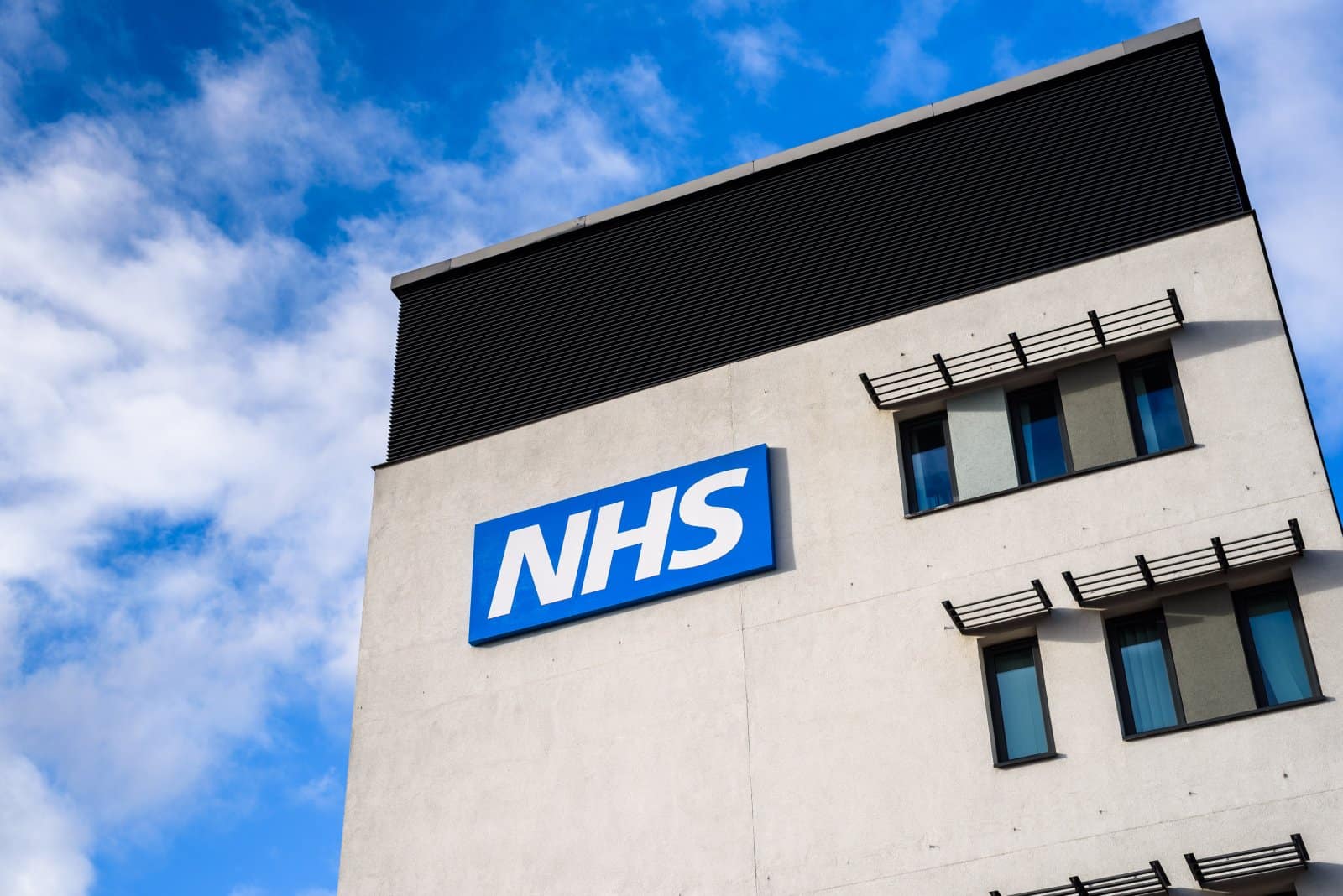
The report has brought to light significant concerns regarding the care provided by the National Health Service (NHS) to children who are questioning their gender identity, ranging from the use of unproven treatments to the toxicity of public debate surrounding transgender issues.
Puberty Blockers

The report, spearheaded by Dr Hilary Cass, a leading consultant paediatrician, has shed light on the NHS’s use of puberty blockers and cross-sex hormones in treating gender-related distress among children.
According to the Cass report, despite their widespread use, the evidence supporting the efficacy of these treatments remains remarkably weak. This leads to concerns regarding the potential for harm to the very people the treatments aim to help.
Quality Care

Dr. Cass emphasised that her intent was not to invalidate the identity of trans individuals but rather to enhance the quality of care provided to children who are struggling with their gender identity.
Justify Not Qualify

Cass claimed that both sides of the debate over the validity of transgender children’s existence had “pointed to research to justify a position, regardless of the quality of the studies.”
She stated, “There are few other areas of healthcare where professionals are so afraid to openly discuss their views, where people are vilified on social media, and where name-calling echoes the worst bullying behaviour. This must stop.”
Gender Identity Development Services

In 2020, NHS England initiated the Cass inquiry in response to mounting apprehension regarding the quality of care offered by the gender identity development services (Gids) of the Tavistock and Portman NHS mental health trust.
The results of the inquiry have already led to the shuttering of Gids, a ban on puberty blockers and the adoption of a “holistic” approach to care, focusing on psychological support rather than immediate medical intervention for under-18s questioning their gender identity.
“Not the Best Way”

Dr Cass told the Guardian, “For most young people, a medical pathway will not be the best way to manage their gender-related distress. For those young people for whom a medical pathway is clinically indicated, it is not enough to provide this without also addressing wider mental health and/or psychosocially challenging problems.”
Depression, Anxiety or ADHD

The report also calls for a psychological evaluation for trans youth to detect depression, anxiety or ADHD, as well as a screening for neurodevelopmental conditions such as autism spectrum disorder.
The report looked both at transgender adults who said they “are leading positive and successful lives, and feeling empowered by having made the decision to transition,” as well as those who regretted the decision.
“Urgency to Transition”

The report states: “While some young people may feel an urgency to transition, young adults looking at their younger selves would often advise slowing down.”
“More Ways of Being Trans”
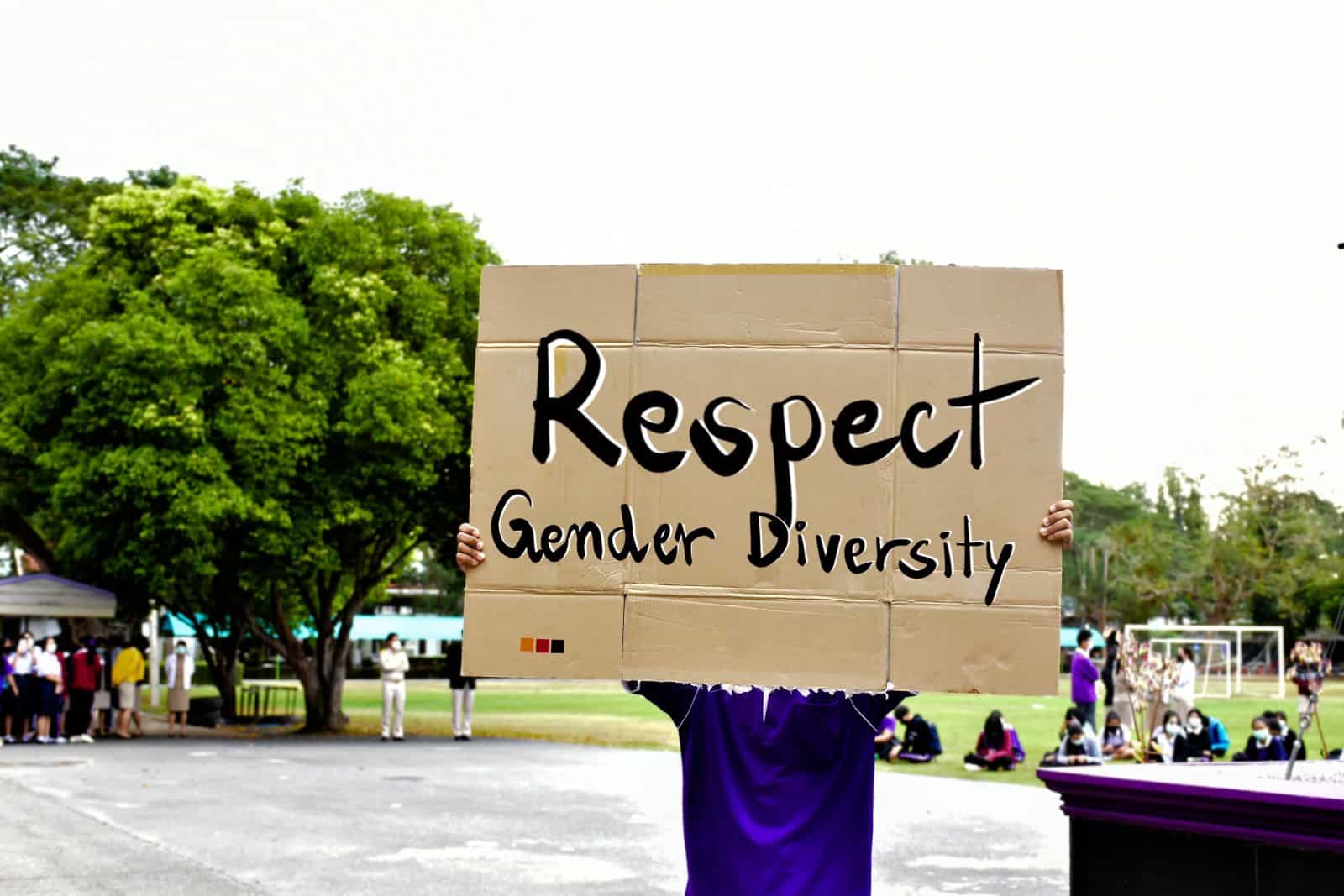
Speaking to the Guardian, Cass stated, “Some of the young adults said to us they wished they’d known when they were younger that there were more ways of being trans than just a binary medical transition.”
Similar to society at large, the medical community seems divided over the findings of the Cass report.
“Worrying Lack of Evidence”

Sallie Baxendale, a professor of clinical neuropsychology at University College London, stated, “Cass’s report has laid bare the worrying lack of evidence to support the treatments that were prescribed by NHS clinicians to children with gender distress for over a decade. These treatments inflicted significant harm on some of the most vulnerable children in our society.”
She continued, “Exceptionalism often lies at the heart of medical scandals when services go rogue and start to operate outside the normal parameters of clinical practice.”
“Out of Step”

However, Dr Aiden Kelly, a clinical psychologist specialising in gender, claimed the UK was now “out of step with the rest of the world.”
Dr Kelly added, “Although Gids wasn’t perfect, we had a service with a history and expertise. There were things that needed to change but at least holding on to the knowledge that was accrued over time would have made sense to me.”
TransAtlantic Transgender Debate
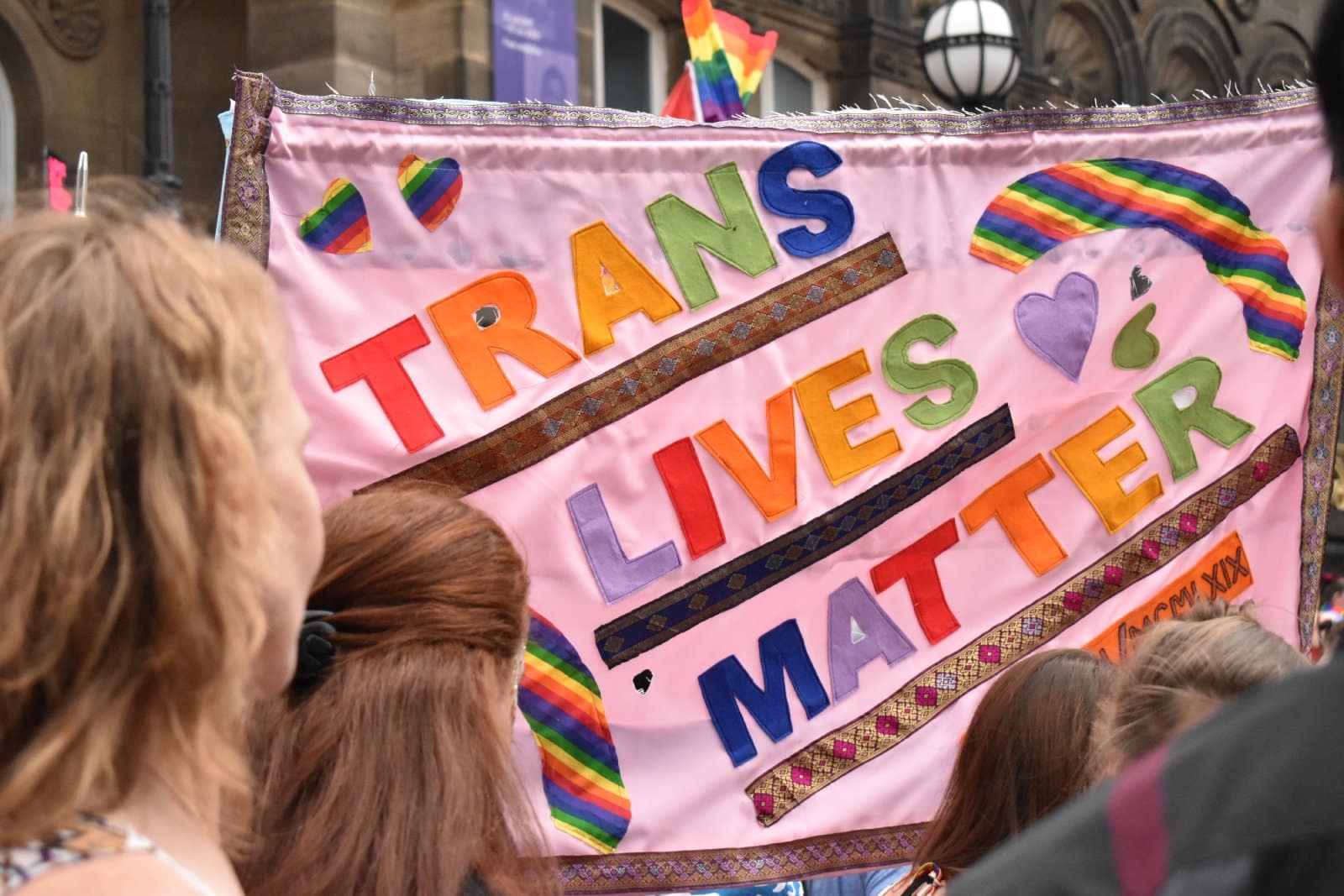
The medical community is divided in the UK and between the UK and the US. A recent study in the New England Journal of Medicine revealed that hormone therapy significantly reduced symptoms of depression and anxiety in transgender youth.
73% Less Likely
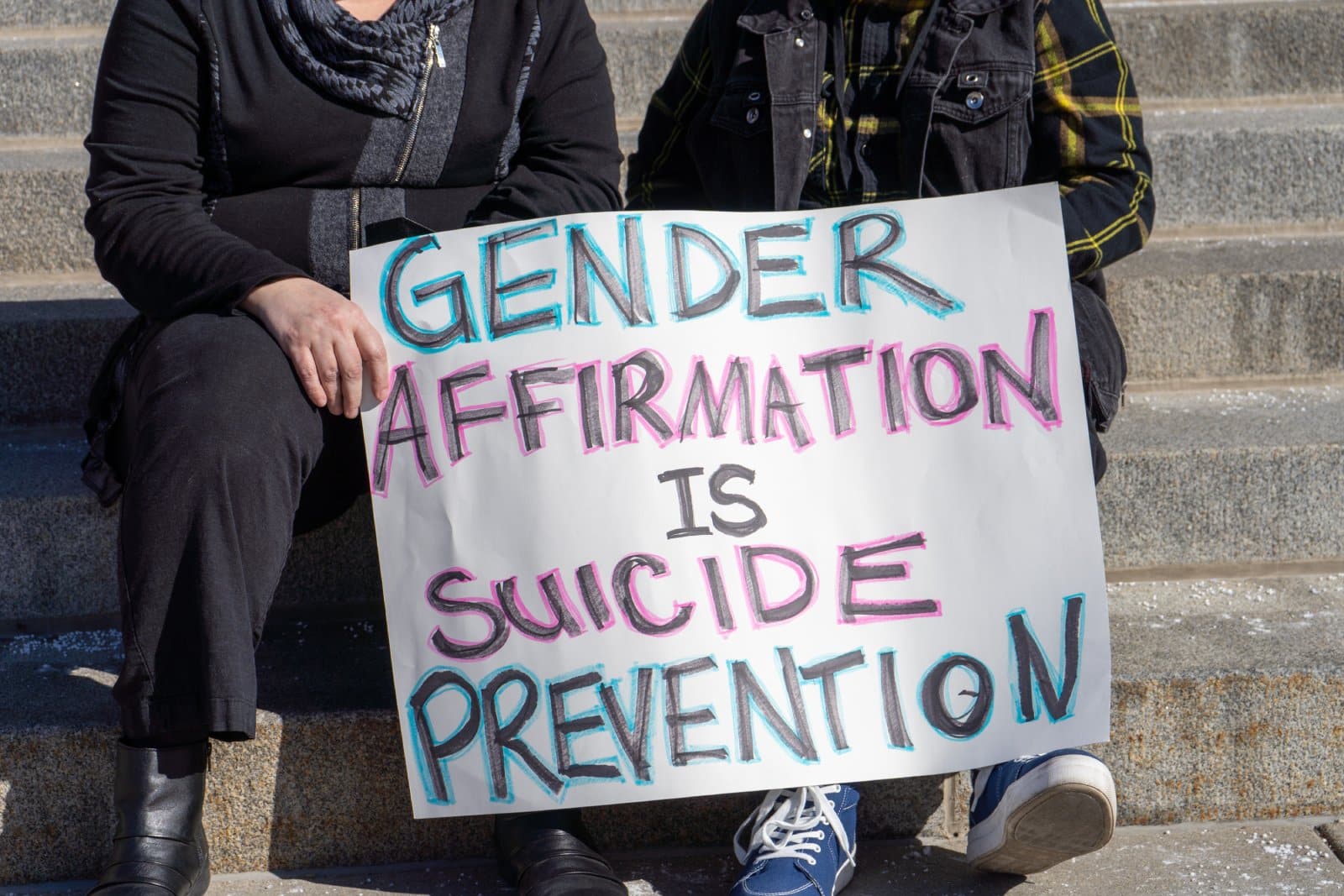
Additionally, another study indicated that transgender teenagers who underwent gender-affirming care were 73% less likely to self-harm or have suicidal thoughts than their counterparts who did not receive such care.
Similarly, Simona Giordano, a bioethicist at the University of Manchester in England, disputes the findings that puberty blockers are a little-researched category of drug.
“Not an Experimental Treatment”

Speaking to Scientific American, Giordano stated, “This host of beneficial clinical uses and data, stretching back to the 1960s, shows that puberty blockers are not an experimental treatment, as they are sometimes mischaracterised.”
She added, “From an ethical and a legal perspective, this is a benign medication. There are no sound clinical, ethical or legal reasons for denying them to those in need.”
Political Football

Despite this, politicians, ever wary of polling showing that, due to the unending stream of negative news stories around transgender issues in the UK, have jumped on the Cass reports findings with abandon.
Shadow Health Secretary Wes Streeting stated, “Today’s report must provide a watershed moment for the NHS’s gender identity services. Children’s healthcare should always be led by evidence and children’s welfare, free from culture wars.”
He continued, “Clinicians and parents alike want the best for children at this crucial developmental stage. This report provides an evidence-led framework to deliver that.”
“Exercise Extreme Caution”
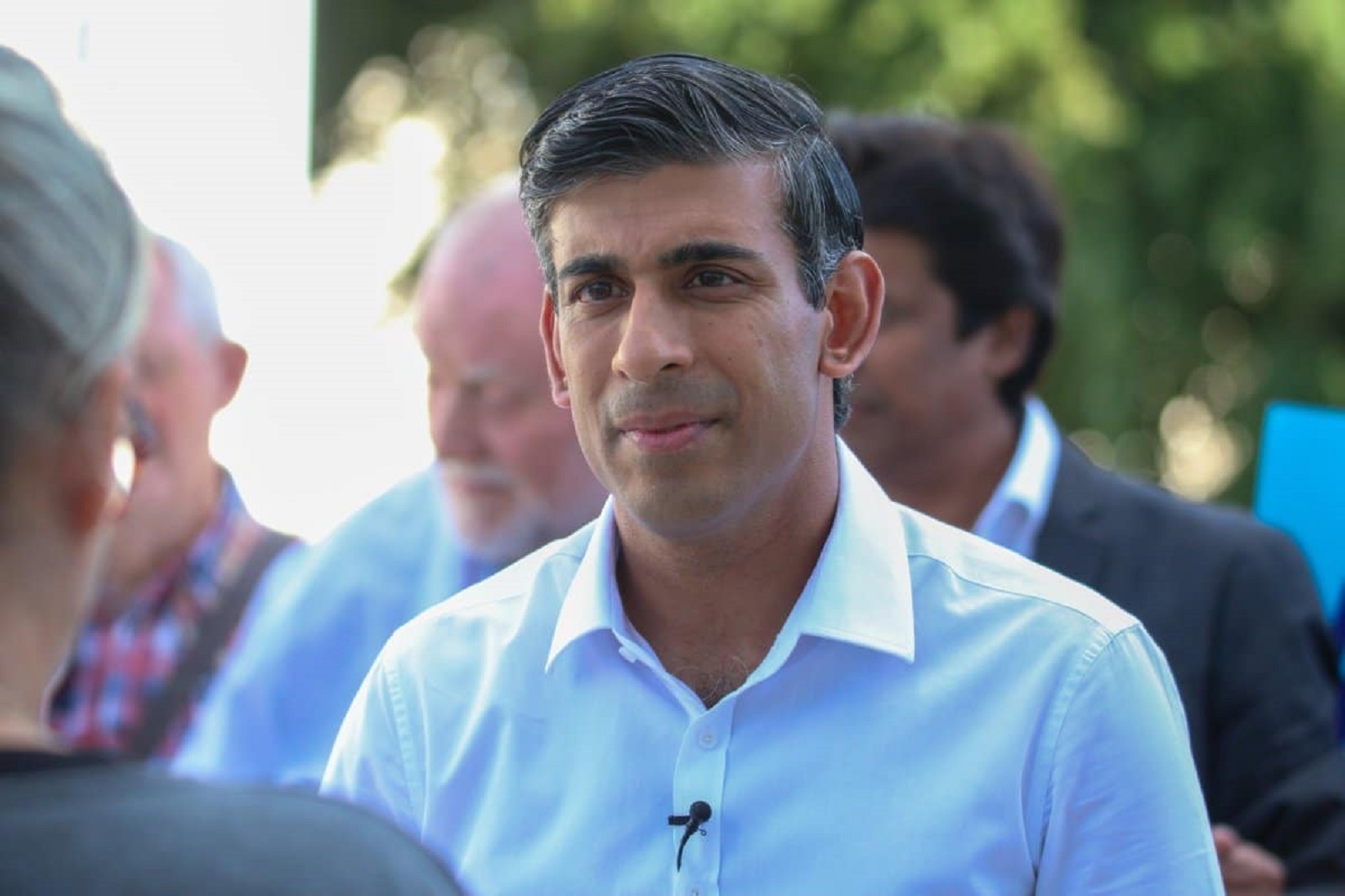
Rishi Sunak was similarly quick to jump on the bandwagon, stating, “We simply do not know the long-term impacts of medical treatment or social transitioning on them, and we should therefore exercise extreme caution.”
He continued, “We acted swiftly on Dr Cass’s interim report to make changes in schools and our NHS, providing comprehensive guidance for schools and stopping the routine use of puberty blockers, and we will continue to ensure we take the right steps to protect young people.”
Devastating News
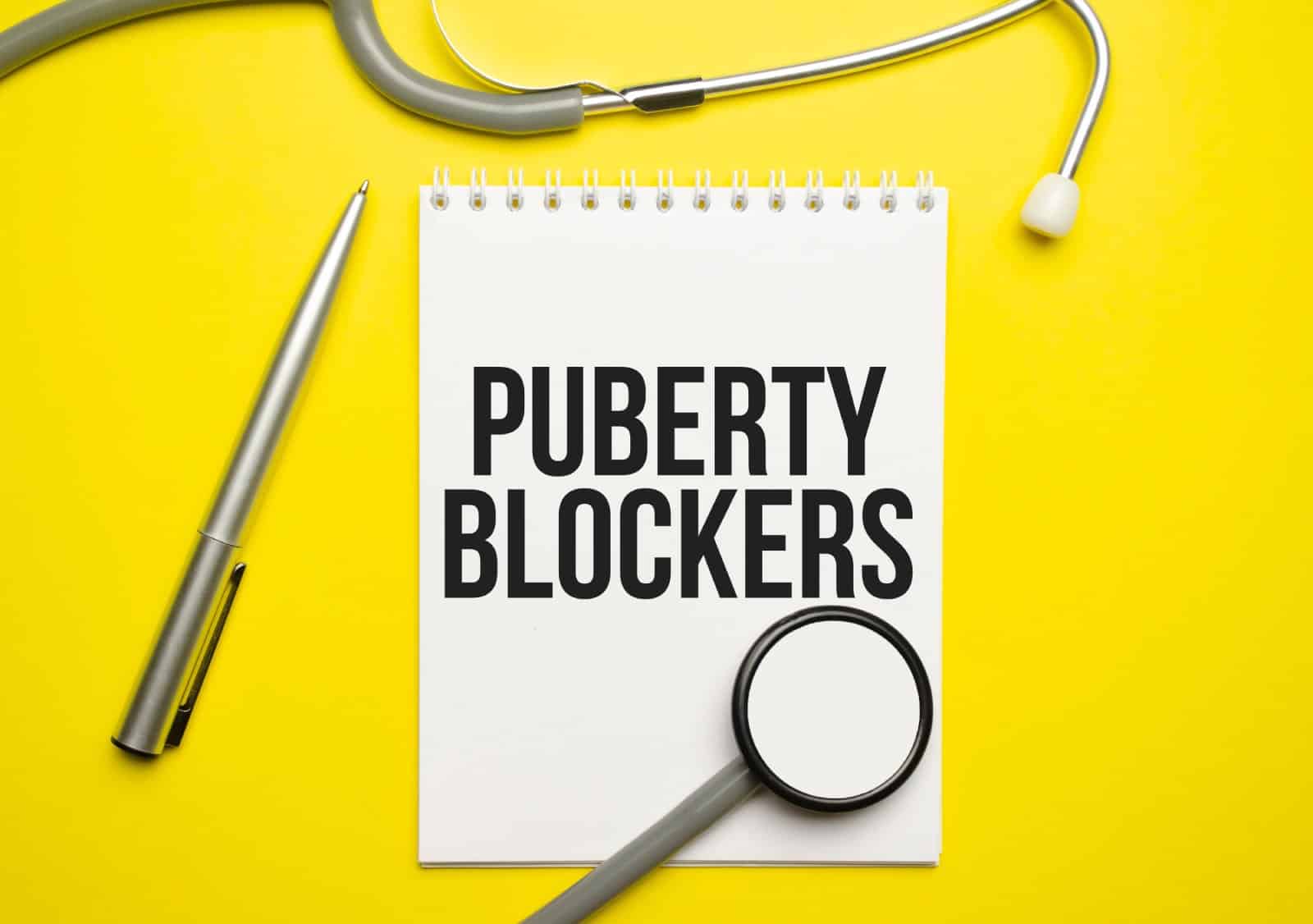
With the debate over trans rights and access to trans healthcare for minors continuing to be used as a valuable political football, the new ban on puberty blockers for trans youth will be devastating news to the families of children who are struggling with their gender identity.
Written in Blood

With a long and proven history of the high suicide rate amongst trans individuals who do not receive adequate treatment, there is a very real chance that the latest change in the law will end up being written in blood.
The post Cass Report Criticizes UK’s Gender Care for Minors first appeared on Swift Feed.
Featured Image Credit: Shutterstock / Ben Gingell.

